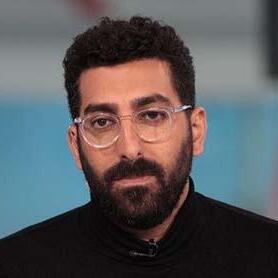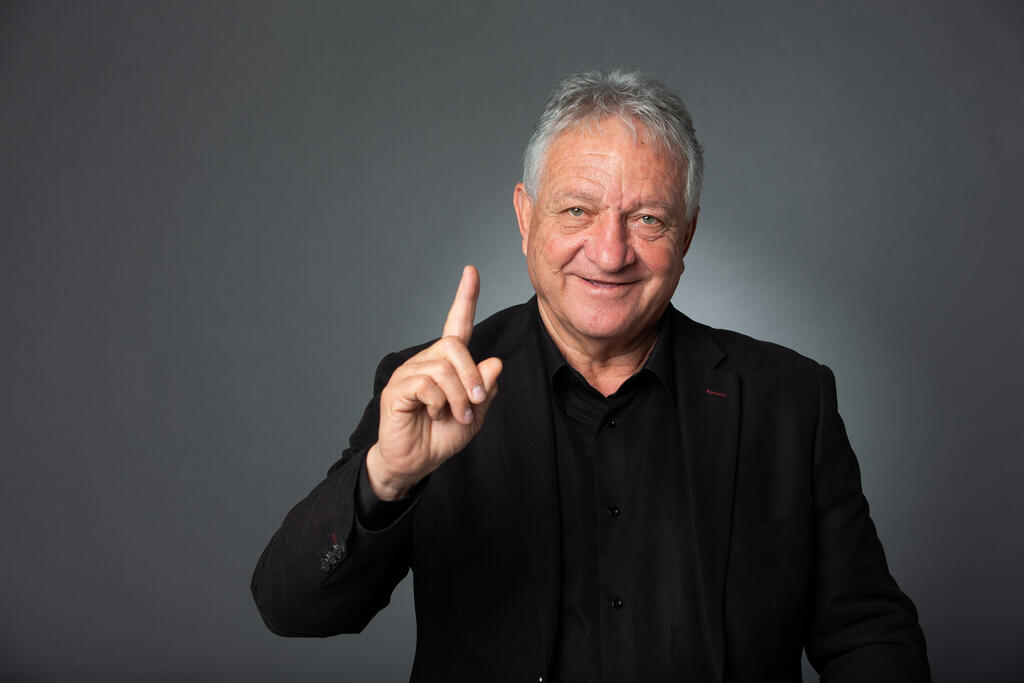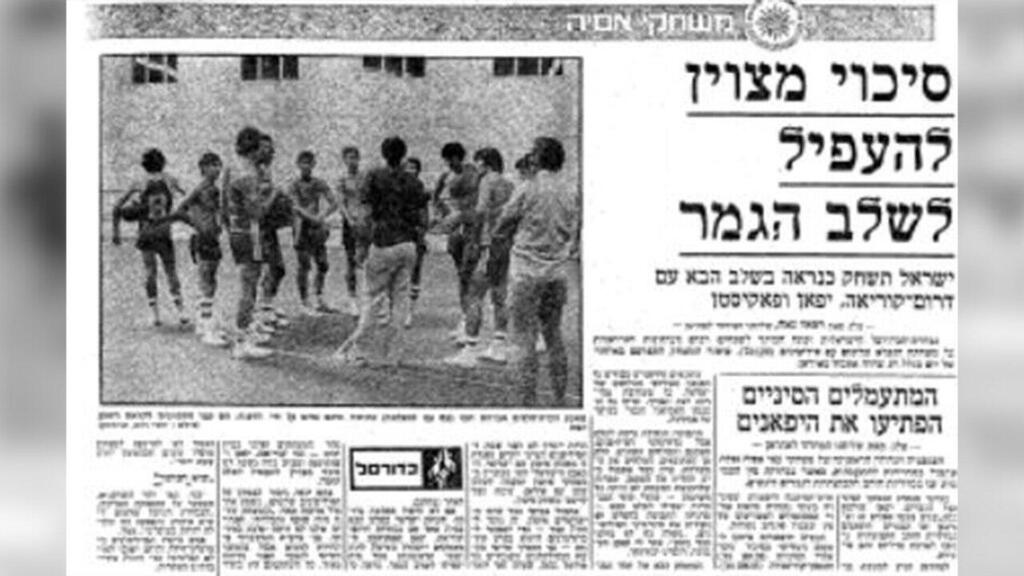Getting your Trinity Audio player ready...
During the overnight transition from Saturday to Sunday, Iran launched an offensive against Israel, deploying hundreds of missiles and UAVs, which thrust us all into a state of heightened alert. The relations between the two nations, already fraught with tension, appear to be on the brink of a critical juncture. This animosity permeates into the realm of sports, where Iranian athletes are mandated to abstain from competing against Israelis. They are even expected to purposefully lose if there's any likelihood of being pitted against Israeli competitors.
However, the historical context tells a different story. Prior to the Islamic Revolution in 1979, the two nations maintained trade relations and more. Israel's football team, which then participated in the Asian circuit, had multiple encounters with Iran's team. In 1974, both teams faced off in the final match of the Asian Games football tournament hosted in Tehran. One of the key players from that team, Shiyeh Feigenboym, spoke about his experiences from that game in a Monday interview at the Ynet studio.
"There were 120,000 spectators at the final match," Shiyeh recollected. "It was the Asian Games tournament, and we, the Israeli team, were participants. We triumphed in all the games, against Japan and numerous other formidable teams, and advanced to the final. Correspondingly, Iran also emerged victorious against the teams they played, leading to a final match against us. Iranian Jews extended their hospitality to us, presented us with gifts, and even encouraged us throughout the tournament. However, prior to the final, they notified us they couldn't attend. They marked Jewish houses, and consequently, they were absent from the final."
So, essentially, the final was marked by the presence of a largely antagonistic crowd.
"They hurled slaughtered chickens at us, among other objects. An entire army was stationed inside the field, each soldier standing with his right hand on the next one's shoulder, forming a circle around the stadium. Commando soldiers were tasked with securing the hotel. As we journeyed by bus to the game, we were flanked by large police motorcycles escorting us all the way into the field."
Did you fear that the crowd might act out, causing the situation to spiral out of control?
"Absolutely. As soon as we observed the circumstances around the hotel, the bus escorting us, and the environment within the stadium, it was evident something was amiss. Initially, upon our arrival, we assumed everything was in order. We strolled around and purchased various items. However, when they discerned our Israeli, Jewish identities, we noticed their gaze upon us, which was somewhat intimidating. Prior to this, at the hotel, cars arrived the night before the game, causing a commotion by honking throughout the night."
Feigenboym also spoke about the intimidating atmosphere created by the fans in the stadium: "Every spectator was given a whistle of some sort, and they chanted 'Iran'. At that moment, I felt my legs give way. It was horrifying, truly scary. It was like a volcano erupting, I don't know if any player in Israel has ever played in front of 120,000 fans."
Did you ever consider what might have happened if you had won the game?
"Five minutes into the game, Shalom Schwarz made a break on the left side and passed me the ball about 20 meters from the goal. I took a powerful shot, and the ball hit the crossbar. Ultimately, we lost 1:0 due to an own goal by Yitzhak Shum. After the game, the players told me: 'Listen, if your shot had gone in at the start, they would have lynched us.' That was the prevailing sentiment."




